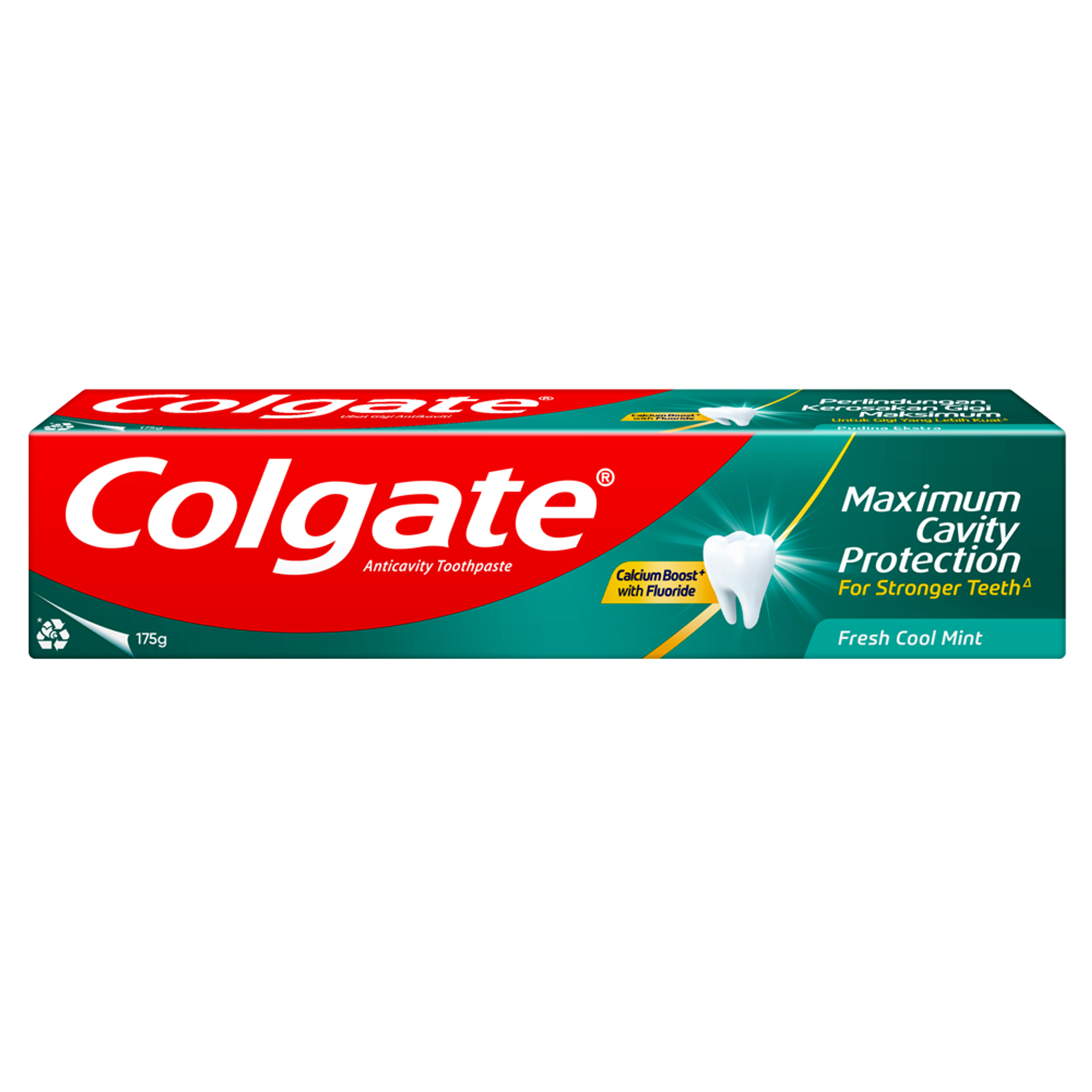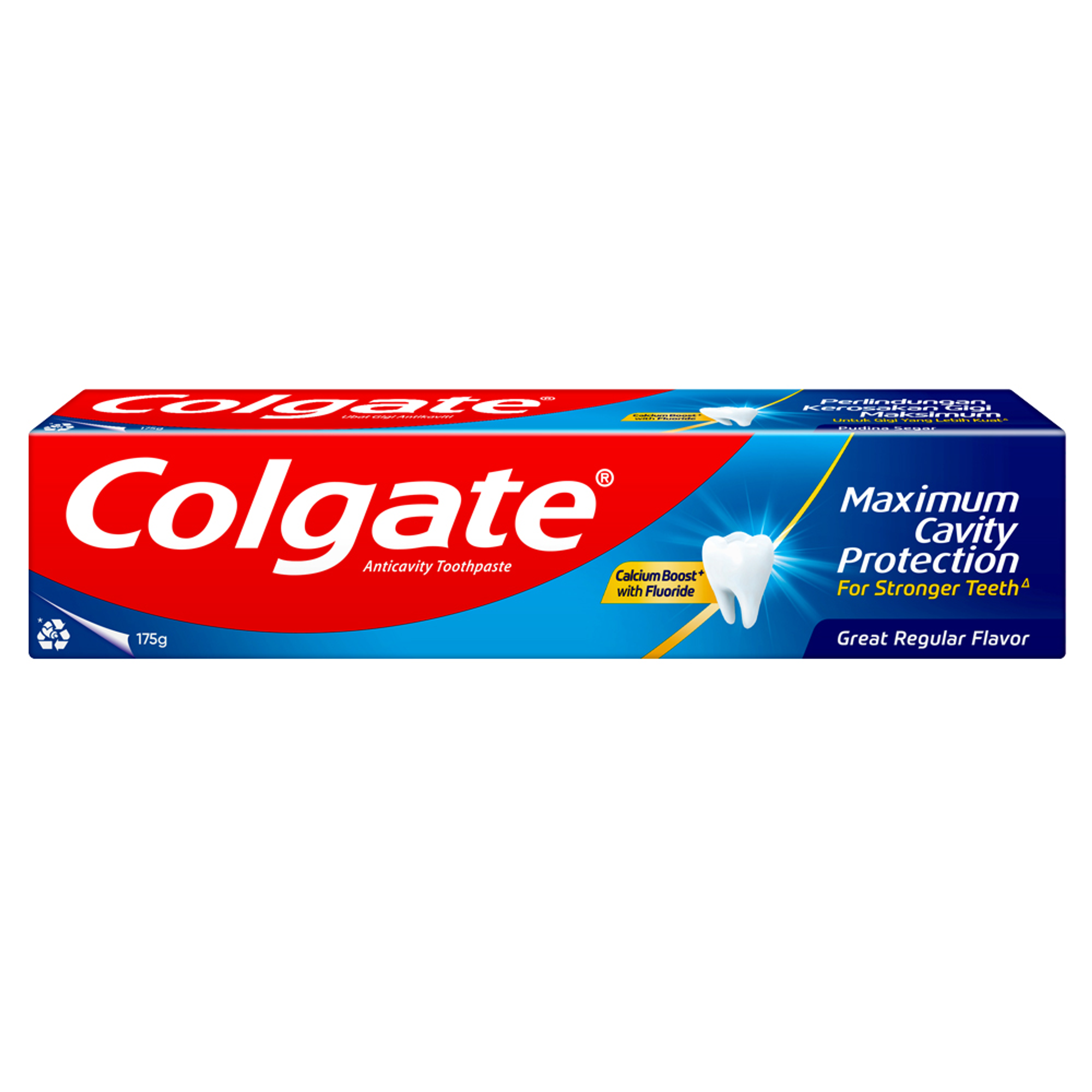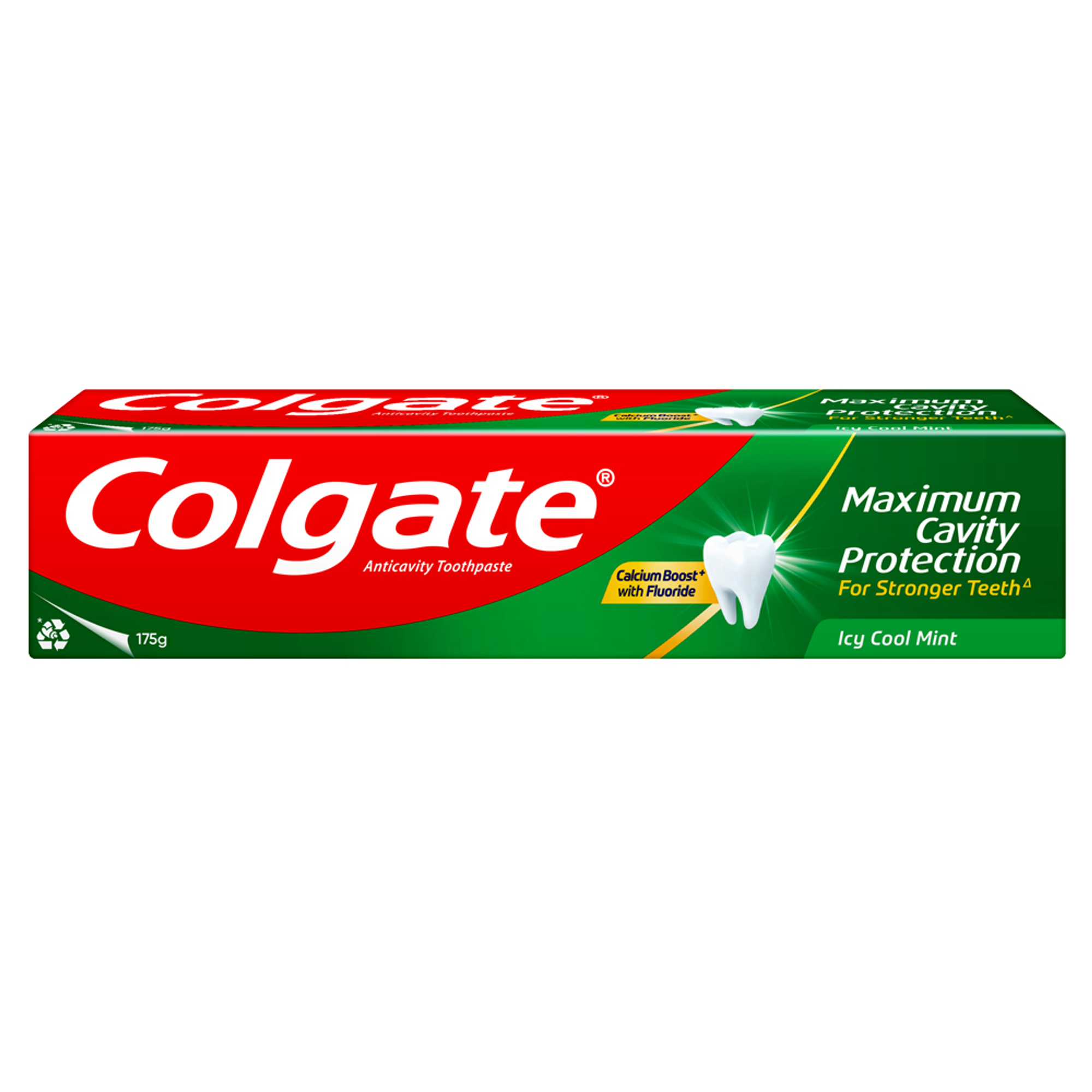Even if you have never had cavities, you may have to deal with one at some point in your life. Continue reading to know the cavity meaning, causes, symptoms, and tips to care for your teeth better. Discover why early detection matters and what to do if you have a cavity. Learn how to prevent cavities with proactive oral care for a healthy smile.
What is a Cavity and How Does It Form?
So, what is a cavity? Cavities or dental caries are tiny holes in the teeth caused by tooth decay, amidst poor oral hygiene and bacterial buildup. The mouth or oral cavity is home to many bacteria, some of which are harmful. Plaque, a film of harmful bacteria and food particles, constantly forms on the teeth and the gumline. Without proper oral care, it builds up.
Plaque bacteria feed on the carbohydrate (sugar and starch) residues on teeth. This releases acids that attack the outer layer (or tooth enamel), causing decay. Untreated, the decay spreads to the layers underneath. Over time, the enamel breaks down beneath the surface, while the surface stays intact. Once the sub-surface enamel is decayed, the surface collapses, forming a cavity. Cavities often go undetected, as the initial stage of decay may not show any symptoms.
Why Early Cavity Detection Matters
Luckily, cavities are treatable. Catching a tooth cavity early can prevent serious damage to the tooth, save you from pain and costly treatments. In the early stage of decay when caries are just starting to form, you may notice white spots on the tooth surface. At this stage, the decay is reversible as the surface is intact. Left untreated, cavities develop, causing irreversible damage, pain and sensitivity. Over time, the decay reaches the tooth pulp, resulting in infection.
Once formed, cavities may require detailed dental procedures, depending on their extent, to stop the infection, cure pain, and save the tooth. If the decay severely damages a tooth, extracting the tooth may be the last resort. Early cavity detection helps avoid such complications, saves your teeth and keeps them healthier for longer. Regular dental checkups are crucial to spotting and treating dental decay before it worsens.
Types of Cavities
Dental decay can occur at all ages and affect both primary and permanent teeth. Before knowing the signs, it is worth knowing where oral caries usually form and what their types are. The three main types of cavities include:
Coronal cavities: It is the most common type that usually forms on the chewing surfaces of your back teeth (molars and premolars) or between teeth. Some caries develop on the incisors and canines, especially near the gum line.
Root cavities: As a result of gum disease, gums may pull away from teeth. Receding gums expose the tooth roots. As they are not covered by the enamel, tooth roots are at a greater risk of cavities.
Recurrent decay: Sometimes, decay can form around existing fillings and crowns. These areas tend to accumulate plaque, which can promote decay.
Cavity Symptoms You Cannot Ignore
So, what are signs of a cavity? Cavities may not always hurt up front, which is why they easily go unnoticed. However, your teeth may give warning signs implying something is wrong. Knowing what to look for helps you take the right action to protect your teeth. To understand how do cavities look like or feel like, you may watch out for the following signs.
Tooth Sensitivity
While considering how to tell if you have a cavity, one way is to see how the tooth reacts to temperature, sweets, and brushing. Tooth sensitivity is a sudden, sharp pain when you eat hot, sweet, or cold foods. It occurs when the enamel is damaged, exposing the softer dentine below. This layer has tiny tubules that lead to the tooth centre, which results in pain when exposed to external stimuli. So, rotten teeth are usually sensitive to things that they normally would not be.
White or Chalky Spots on the Enamel
Dull white or chalky spots on the teeth are one of the early signs of a cavity. They indicate areas where minerals are being lost due to decay. You might wonder, “Are white spots on teeth cavities?” Not necessarily, yet, they often indicate an early stage of decay. Catching and treating the decay in this stage can reverse the damage and prevent dental caries from forming.
Visible Holes or Dark Spots
As caries develop, visible tooth decay symptoms such as brown, black, or grey spots can show up on the surface of your teeth. You may also notice a tiny hole in tooth, which is easy to feel with your tongue. These symptoms are common when you have a molar tooth cavity or a wisdom tooth cavity.
Pain When Biting or Chewing
If a tooth hurts when you bite down or chew food, it may be more than just sensitive. Tooth cavity pain shows up when the decay has gone deeper below the enamel. A dental check-up is crucial at this stage to stop the decay from reaching the tooth pulp. It could otherwise lead to infection or tooth abscess and severe pain.
Bad Breath or Foul Taste
Dental cavities can trap food debris and bacteria. These bacteria release foul-smelling compounds, which can result in bad breath and an unpleasant taste in the mouth. If these signs do not improve with brushing, they may imply that something more serious is going on in the mouth.
Sensation in the Tooth
Among the often overlooked early signs of cavity formation is a strange tingling sensation in the tooth. You may feel an unusual tickling or mild ache when you are not eating. It often means the tooth is being affected by decay, even though it does not hurt yet.
Bleeding or Swelling in Nearby Gums
Swelling and bleeding of the gums are often a sign of gum disease. However, teeth decay close to the gumline can make the gums irritated, swollen, red, and bleed easily.
What Happens If You Ignore These Signs?
Though a cavity starts small, ignoring it can lead to serious problems. Untreated decay damages the enamel, forming dental caries that go deeper and affect the dentine and tooth pulp below. This results in toothache, infection, and tooth abscess. Severe damage to the tooth structure may lead to tooth loss. You might wonder, “Can cavities spread to other teeth?” Yes, bacteria from a decayed tooth can affect the adjacent teeth amidst poor oral hygiene. Timely action can protect your teeth and avoid costly treatments later.
What to Do Next If You Notice Signs of a Tooth Cavity
If you notice any of the above signs of tooth decay, take the right action. Start by improving your dental hygiene with proper brushing, flossing, and rinsing. While considering how to cure teeth cavity, consult a dental professional right away. They often perform a dental cleaning to remove plaque and tartar and may use X-rays to assess the signs of decay. Accordingly, they will suggest the right cavity treatment to prevent further problems.
Treatment options for cavity tooth decay include:
Fluoride treatments: Used for early signs of decay, when caries have not formed yet. The dentist may apply fluoride gels to the teeth to strengthen the enamel and prevent further decay. Sometimes, they may suggest fluoride supplements and mouthwash.
Dental fillings: Small to medium cavities are treated with fillings. This involves removing the decay, cleaning it, and filling it with materials like silver amalgam or composite resin.
Crowns: For larger cavities where the tooth structure is badly damaged and weaker, custom-made dental crowns are used to protect the treated tooth.
Root canal: If the decay has reached the tooth pulp or centre, root canal treatment may be suggested. It removes the infected tissues, and cleans and seals the tooth centre to stop the infection.
Tooth extraction: When the decay has damaged the tooth beyond repair, extraction may be the only option. It is often replaced with a bridge or an implant.
Tips to Prevent Cavities
So, can tooth cavity be reversed? Yes, catching and treating tooth decay in the early stages helps reverse cavities. Moreover, you can prevent cavities with proactive care. Knowing what causes tooth decay is key to prevention. It’s important to remove plaque daily to prevent its buildup and hardening into tartar. Keeping harmful bacteria in check is also vital. The following tips can help:
Brush twice daily using a fluoride toothpaste and a soft toothbrush.
Floss once every day to clean between teeth.
Rinse thoroughly with water or antibacterial mouthwash after every meal and sugary snacks.
Avoid frequent snacking on sugary foods and limit the intake of starchy foods.
Stay hydrated to promote adequate saliva flow to avoid dry mouth and bacterial buildup.
If you are more susceptible to dental caries, talk to your dentist to get a dental sealant. It is a protective plastic coating applied to the chewing surface of your teeth to prevent decay.
When to See a Dental Professional
Consult a dental professional if you feel pain or notice signs like dark spots or a hole in the tooth. They can spot the decay and offer the right tooth decay treatment. Some people wonder, “I brush my teeth but still have cavities, why?” The reason may be a lack of regular flossing and regular dental checkups. With only brushing, plaque hiding in difficult areas does not go away and can lead to decay and caries. Regular dental cleanings help remove plaque that your daily oral care misses, making a checkup every six months important.
Spotting and treating a cavity early can save your tooth and avoid costly dental procedures. Though tooth decay is common, understanding the causes, treatment and prevention of cavities helps you take proactive care. Look for signs like white or dark spots, sensitivity, or pain while chewing. Seek professional treatment on time to protect your teeth. Good oral healthcare, a healthy diet, and regular dental checkups can help keep your smile healthy.
Frequently Asked Questions
How serious is a tooth cavity?
A tooth cavity can worsen over time, affecting deeper layers of the tooth below the enamel. It can result in pain, infection or tooth abscess as the decay reaches the tooth pulp. Without timely treatment, the decay may damage the entire tooth structure, leading to tooth loss.
What does an early cavity look like?
Early decay or caries appears like a small white or chalky spot on the tooth’s surface. If not treated, it becomes a black, brown, or grey hole on the tooth surface.
Can a cavity heal on its own?
A cavity indicates irreversible damage to the tooth surface and cannot heal on its own. However, the early stage of decay can be reversed with professional fluoride treatment and a good oral care routine, including the use of a fluoride toothpaste.
Can tooth cavities be fixed?
Yes, based on the severity and extent of the decay, a dental professional can offer different treatments to fix cavities. These include fillings, crowns, or root canals, depending on the severity.
What does a tooth cavity feel like?
A tooth cavity makes the teeth sensitive to hot, cold, or sweet foods. You may feel a sharp pain when biting or chewing. Bad breath and a bad taste in the mouth are also likely.













